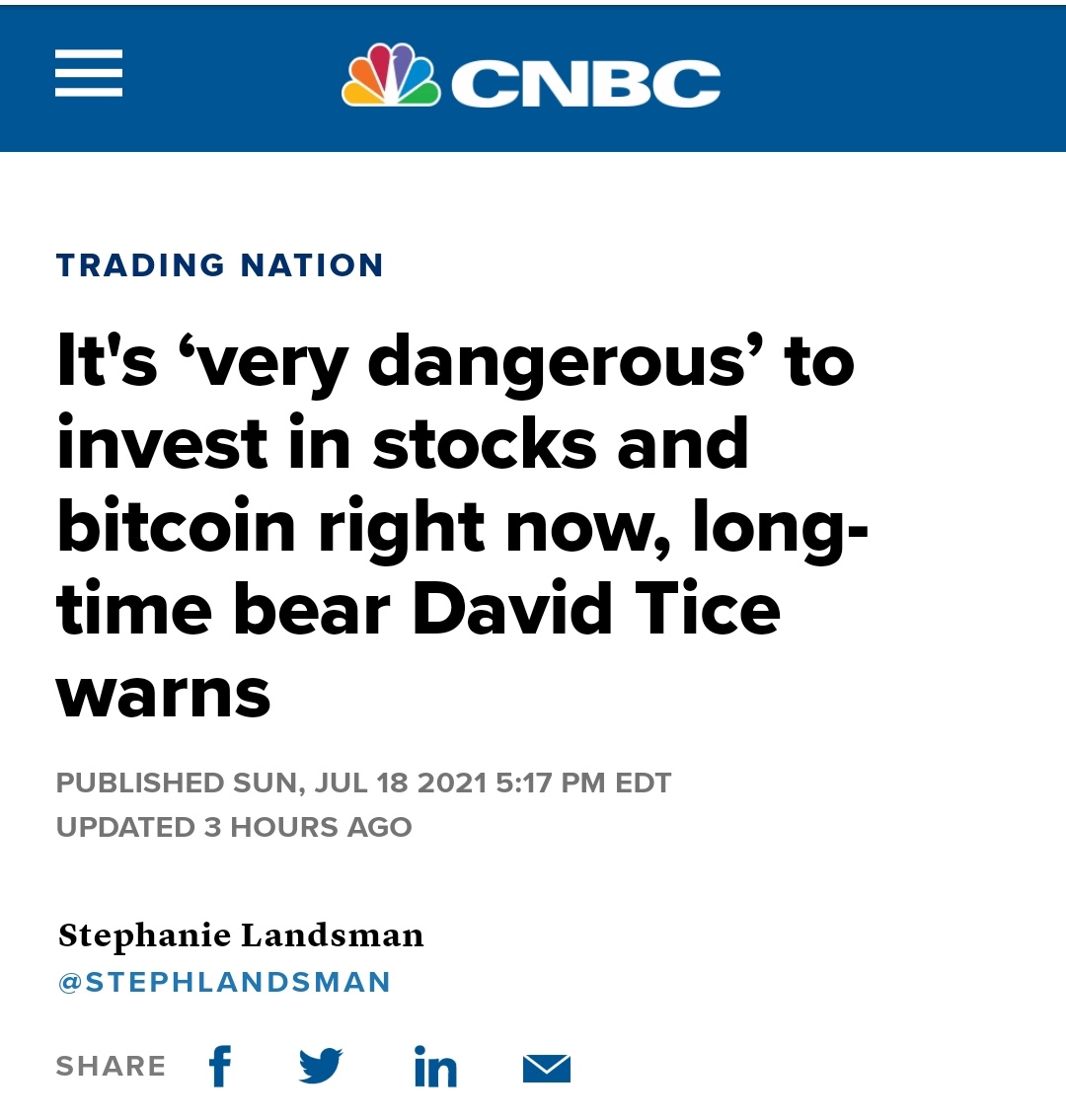
Lot of startups who are yet to make profits are filing for IPOs globally. I'm reading the filings and the language is terrible. A few tips on how to do it right.
Here are the right terms to use instead of the current antiquated language.
Here are the right terms to use instead of the current antiquated language.
We are making losses.
"We've been consistently making negative profits and growing year on year."
"We've been consistently making negative profits and growing year on year."
We don't yet have a business model.
"We're innovation leaders in several fast growing market segments"
"We're innovation leaders in several fast growing market segments"
Losses will increase for the foreseeable future.
"Blockchain"
"Blockchain"
EBITDA is negative
"Our future adjusted EBITDA margin is consistently positive"
We Work got it right with their Community adjusted EBITDA
"Our future adjusted EBITDA margin is consistently positive"
We Work got it right with their Community adjusted EBITDA
Revenues aren't growing
"We think once Elon reaches Mars the, TAM will double and we'll be a near monopoly in Mars"
"We think once Elon reaches Mars the, TAM will double and we'll be a near monopoly in Mars"
Too much competition, commoditized product
"We don't believe in nonsense like revenues or profitabilty. This is our competitive moat"
"We don't believe in nonsense like revenues or profitabilty. This is our competitive moat"
Business model may not sustainable
"Blockchain"
"Blockchain"
Revenue visibility is uncertain
"If you discount 2200 earnings, out valuations factor all uncertainties offering investors the best value in the sector"
"If you discount 2200 earnings, out valuations factor all uncertainties offering investors the best value in the sector"
Product offerings aren't differentiated
"We use AI & ML for everything, including our employee ID cards"
"We use AI & ML for everything, including our employee ID cards"
Business may not survive with more capital
"We will continuously offer exposure to innovative business models based on AI, ML, Blockchain to investors by trapping the markets will follow on innovating stock offerings"
"We will continuously offer exposure to innovative business models based on AI, ML, Blockchain to investors by trapping the markets will follow on innovating stock offerings"
Burn is high
"We continuously invest at the cutting edge of humanity to unlock new frontiers"
"We continuously invest at the cutting edge of humanity to unlock new frontiers"
Blockchain
• • •
Missing some Tweet in this thread? You can try to
force a refresh







